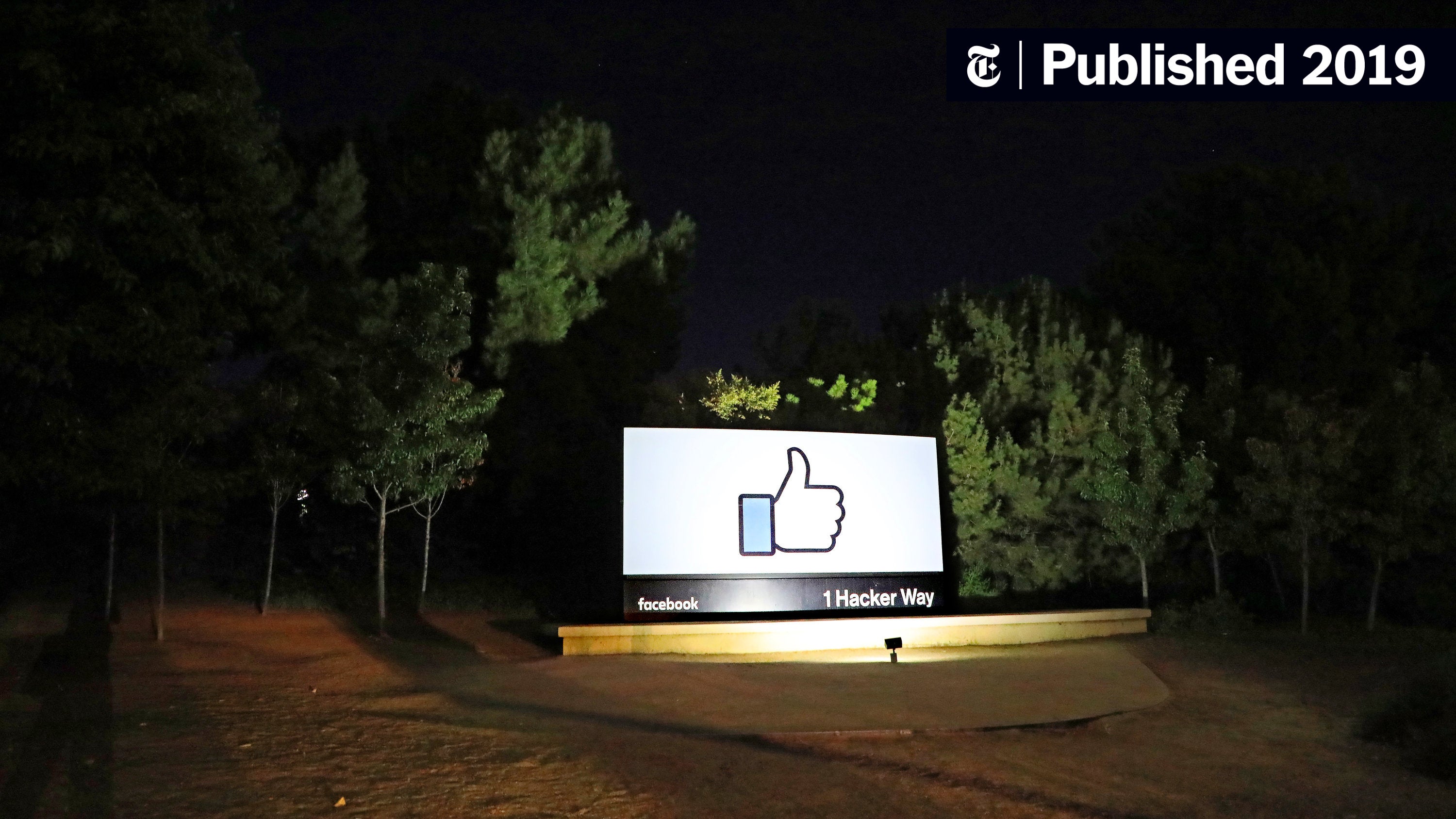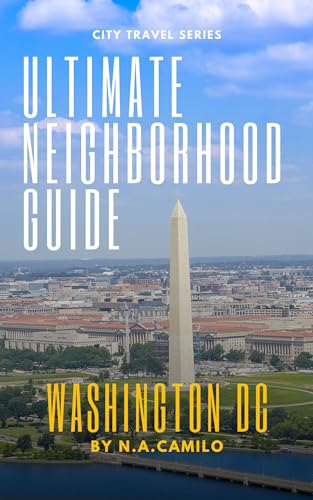US Visa Policy Changes Address Concerns Over Social Media Censorship

Table of Contents
Increased Scrutiny of Social Media Accounts During Visa Applications
The US government's approach to visa applications has evolved, incorporating a more thorough review of applicants' online presence. This increased scrutiny raises important questions about privacy, fairness, and the potential for misinterpretation.
What information are officials seeking?
US visa officials are increasingly accessing publicly available social media information to assess applicants' backgrounds and potential risks. This involves a comprehensive review that may include:
- Past public posts: Statements, opinions, and shared content from the applicant's history.
- Engagement patterns: Likes, shares, comments, and other interactions reflecting the applicant's online behavior and affiliations.
- Connections: Analysis of the applicant's social media connections to identify potential associations with individuals or groups of concern.
- Group memberships: Participation in online groups or communities, which may be scrutinized for potential extremist or illegal activity.
- Online behavior indicating potential threats: Any online activity that suggests violent tendencies, criminal behavior, or support for terrorism.
Officials aim to identify any evidence of extremist views, criminal activity, or other factors that could render an applicant ineligible for a visa. This process has become a critical element of the visa application review.
Impact on applicants from countries with restrictive online environments.
Applicants from countries with significant online censorship face unique challenges. The limitations on free speech and open access to social media in these regions can significantly impact their visa applications. These challenges include:
- Difficulties in demonstrating that their views are not aligned with extremist groups, even if they hold moderate or opposing viewpoints. The lack of a robust online presence may be misinterpreted.
- Limited online presence due to restricted access or fear of government surveillance may work against them. A lack of online activity could be seen as suspicious.
- Inconsistent or incomplete online histories due to censorship or technological limitations can hinder a complete and fair assessment.
This disparity highlights the complexities of applying a uniform standard to applicants from diverse digital environments.
Balancing National Security with Freedom of Speech
The intensified scrutiny of social media in US visa applications necessitates a careful balancing act between national security concerns and the fundamental right to freedom of speech. This delicate balance is the subject of ongoing debate and legal challenges.
Concerns regarding potential bias and discrimination.
Critics raise concerns about the potential for bias and discrimination in the application of these new policies. Issues include:
- Potential for algorithmic bias: The use of algorithms to analyze vast amounts of social media data carries the risk of inherent bias, potentially leading to unfair outcomes.
- Subjective interpretation of online activity: The interpretation of online content can be subjective, leading to inconsistencies in assessment and potential for misjudgment.
- Lack of transparency in decision-making: The lack of transparency in the process leaves applicants with little recourse if their application is denied based on social media activity.
These concerns necessitate a review of current processes to ensure fairness and eliminate any potential for prejudice in the assessment of applications.
Legal challenges and advocacy efforts.
The new visa policies are facing legal challenges, primarily focused on the potential infringement of First Amendment rights and due process. Several advocacy groups are actively working to:
- Challenge the constitutionality of the increased social media scrutiny in court.
- Advocate for greater transparency and accountability in the visa application process.
- Promote the development of fairer and more objective assessment procedures.
These efforts are crucial to ensuring that the policies are implemented in a manner consistent with American values of due process and freedom of speech.
The Future of Social Media and US Visa Applications
The evolving landscape of social media and its influence on US visa applications points towards the need for improved transparency and accountability, as well as the integration of technological advancements.
Potential for improved transparency and accountability.
Moving forward, several key improvements are necessary:
- Clearer guidelines: Providing applicants with clearer guidelines on what types of social media activity are considered relevant to the visa application process.
- Improved communication: Enhanced communication with applicants throughout the process to address concerns and provide timely updates.
- Objective assessment procedures: Developing more objective and standardized procedures for evaluating social media activity to minimize bias and ensure consistent application of the policy.
These changes are essential to fostering trust and ensuring fairness in the application process.
Technological advancements and their role in assessment.
Technological advancements, particularly AI and machine learning, offer potential to analyze large volumes of data efficiently. However, this presents both opportunities and challenges:
- Efficient analysis of data: AI can help process large amounts of social media data quickly and effectively.
- Risk of algorithmic bias: The use of AI must be carefully managed to mitigate the risk of algorithmic bias, which could perpetuate existing inequalities.
The responsible and ethical integration of technology is crucial to ensuring a fair and effective visa application process.
Conclusion
The evolving US visa policy regarding social media scrutiny presents a complex challenge, requiring a delicate balance between national security and fundamental rights. While addressing legitimate security concerns, the process must remain transparent, fair, and respectful of freedom of expression. Applicants should be aware of the increased scrutiny and strive to present themselves accurately and professionally online. Continued dialogue and advocacy are crucial to ensuring that US visa policy changes, particularly concerning social media censorship, are implemented fairly and effectively, protecting the rights of all applicants. Staying informed about the latest updates on US Visa Policy Changes is crucial for anyone planning to apply for a US visa.

Featured Posts
-
 The Role Of Algorithms In Radicalization Investigating Mass Shooter Cases
May 30, 2025
The Role Of Algorithms In Radicalization Investigating Mass Shooter Cases
May 30, 2025 -
 French Open Upsets Ruud And Tsitsipas Exit Early Swiatek Dominates
May 30, 2025
French Open Upsets Ruud And Tsitsipas Exit Early Swiatek Dominates
May 30, 2025 -
 Glastonbury Festival 2025 Coach Locations Resale Tickets And Pricing
May 30, 2025
Glastonbury Festival 2025 Coach Locations Resale Tickets And Pricing
May 30, 2025 -
 Unlocking Paris The Ultimate Neighborhood Guide
May 30, 2025
Unlocking Paris The Ultimate Neighborhood Guide
May 30, 2025 -
 Frankenstein Trailer Guillermo Del Toros Version Coming This Saturday
May 30, 2025
Frankenstein Trailer Guillermo Del Toros Version Coming This Saturday
May 30, 2025
